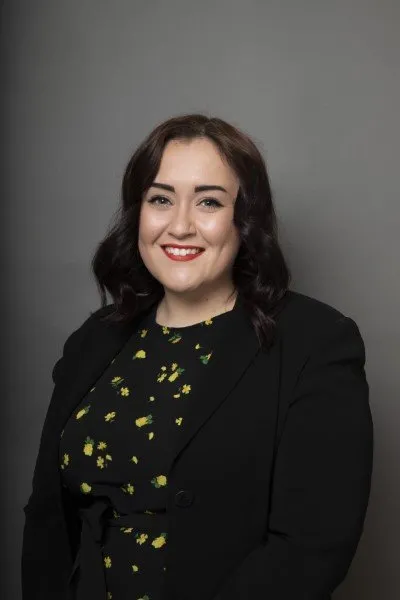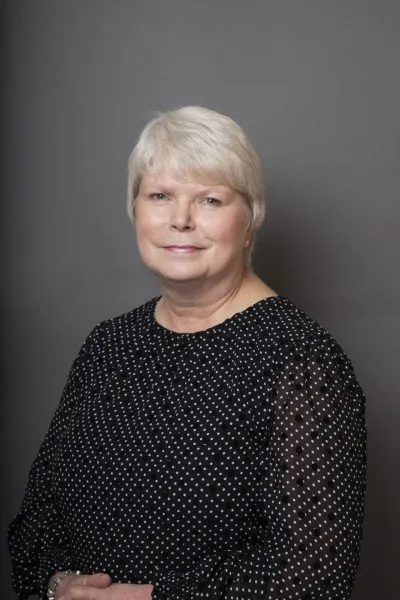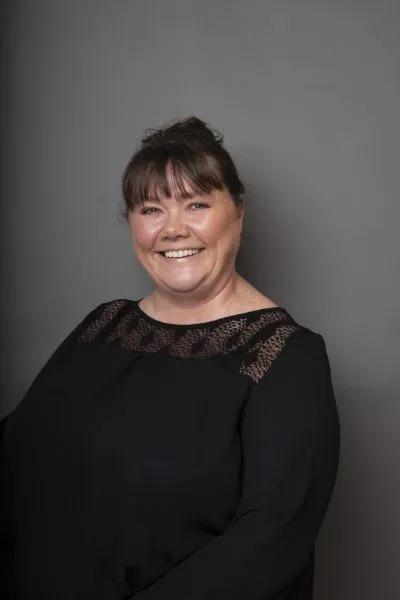When you obtain a divorce, judicial separation or decree of nullity you will need to sort out a financial settlement between yourself and your former or soon to be former spouse.
Whether the settlement is agreed or decided upon by the court you will need to have it put into a court order, to ensure that it is final and binding. The order is known as a ‘financial remedy order’.
Types of financial remedy orders
The most common types of financial remedy orders are:-
Maintenance orders
These are usually orders for one spouse to pay maintenance to the other, for the support of the receiving spouse. The court can also make orders for the benefit of children where this goes over and above the scope of the Child Maintenance Service. Primarily child maintenance will be dealt with by the Child Maintenance Service. Spousal maintenance orders can be made to last until the death of either party or the remarriage of the recipient, for a limited time, or until the court makes a further order.
Lump sum orders
These are orders requiring one party to pay a lump sum of money to the other party, by a specified time. The lump sum can be ordered to be made as a single payment, or in instalments.
Property adjustment orders
These are orders adjusting the ownership of property. The most common type of property dealt with by these orders is the former matrimonial home. The order might, for example, transfer the ownership of the property from one party to the other, or if it is jointly owned it may adjust the size of the parties’ shares in the property.
Pension sharing orders
These are orders transferring all or part of one party’s pension into a pension belonging to the other party. It is important to note that the receiving party does not receive a direct payment from the other party’s pension – the transfer is into a pension fund belonging to them. Pension Sharing Orders cannot be made in judicial separation proceedings.
How financial remedy orders are decided
When deciding what financial remedies orders to make the court will look at all of the circumstances of the case, and in particular the following factors:
- The income, earning capacity, property and other financial resources of the parties including, in the case of earning capacity, any increase in that capacity which it would in the opinion of the court be reasonable to expect a party to the marriage to take steps to acquire.
- The financial needs, obligations and responsibilities which each of the parties to the marriage has, or is likely to have in the foreseeable future.
- The standard of living enjoyed by the family before the breakdown of the marriage.
- The age of each party to the marriage and the duration of the marriage.
- Any physical or mental disability of either of the parties to the marriage.
- The contributions which each of the parties has made or is likely in the foreseeable future to make to the welfare of the family, including any contribution by looking after the home or caring for the family.
- The conduct of each of the parties – although only very serious bad conduct is likely to have a bearing upon the financial settlement.
- Lastly, in the case of proceedings for divorce or nullity of marriage (i.e. not judicial separation), the value to each of the parties to the marriage of any benefit which, by reason of the dissolution or annulment of the marriage, that party will lose the chance of acquiring. The primary type of such benefit is of course pensions.
Our expert family lawyers will be able to advise as to the importance of each of these factors in your case, and how they are likely to affect the outcome.
In general, however, the starting-point in all cases is that each party is entitled to an equal share of the assets of the marriage, unless there is a good reason to the contrary, for example where the needs of one party are significantly greater than the needs of the other or for example if a marriage is only short.
Agreed orders and contested orders
If the financial settlement is agreed it will still have to be made into a court order, to ensure that it is final and binding. Such orders are normally referred to as ‘consent orders’.
Consent orders are technical documents, which should be drawn up by a solicitor, before they are sent to the court, along with a form setting out brief details of the circumstances of the case, including the means of the parties. It should be noted that the court will only make the order if it considers its terms to be reasonable, having regard to the circumstances of the case.
If the settlement cannot be agreed then one or both of the parties will have to make a financial remedies application to the court, asking the court to decide the settlement. This can be a long and complex procedure, and it is therefore strongly recommended that if you wish to make such an application, or indeed if you have received such an application issued by your (former) spouse, you seek the advice of one of our expert family lawyers.
How Prince Family Law can help?
Prince Family Law has a team of highly experienced family lawyers that have a wealth of experience in dealing with financial matters who are here to assist and advise you, including those with an international element.
David Prince is a leading expert in high net asset and complex financial cases regularly dealing with multi million pound divorces which have included complex offshore trusts, multiple businesses, substantial farms, solicitors, accountancy, medical and dentistry practices and entrepreneurs.
Contact one of our Family Law Specialists for an initial free 30-minute consultation to discuss your circumstances and how best we can assist you in reaching a resolution.



































